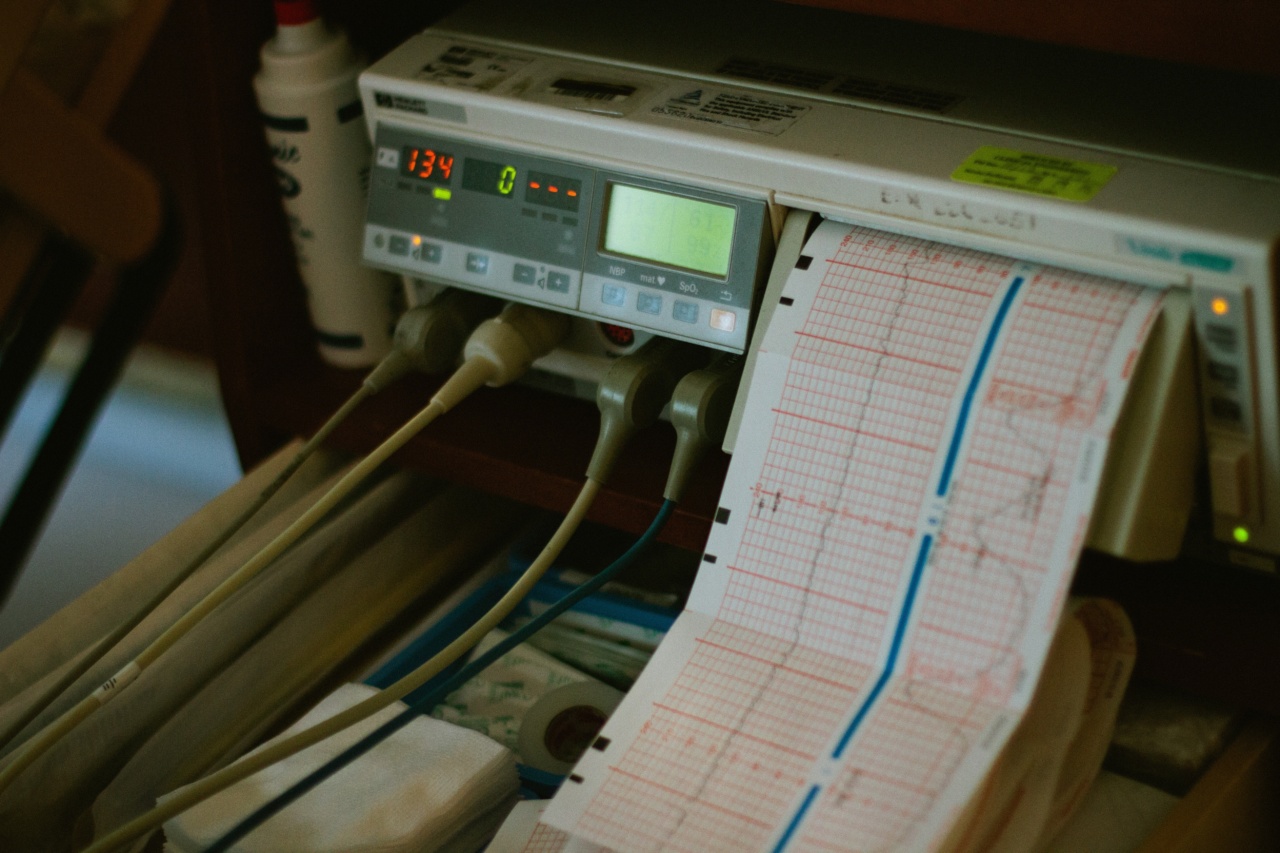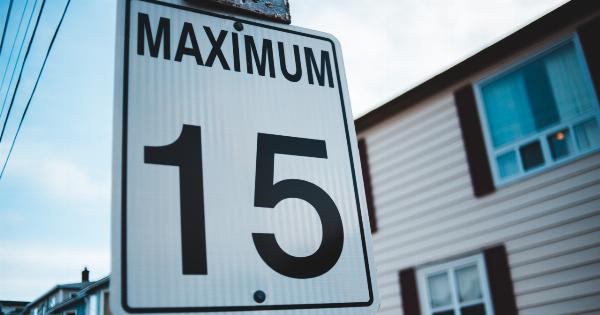Accidents happen, and unfortunately, some of them can be severe, resulting in hospitalization. For individuals who have experienced a machine accident, understanding their health contract coverage is essential.
Hospital bills can be overwhelming, and having a clear understanding of what expenses will be covered can provide peace of mind during a difficult time. In this article, we will explore the importance of knowing your health contract coverage after a machine accident.
What is Health Contract Coverage?
Health contract coverage, also known as health insurance, is an agreement between an individual and an insurance provider.
It ensures that the policyholder receives financial protection in case of medical expenses due to illnesses, injuries, or accidents. Health insurance policies vary widely, and each contract has different terms and conditions.
Types of Health Contract Coverage
There are several types of health contract coverage available, including:.
1. Public Health Insurance
Public health insurance is provided by the government to ensure that all citizens have access to medical care. The coverage provided may vary from country to country or even within different regions.
Examples of public health insurance include Medicare in the United States and the National Health Service (NHS) in the United Kingdom.
2. Employer-Sponsored Health Insurance
Employer-sponsored health insurance is offered by employers as part of an employee’s benefits package. This type of coverage is usually more affordable compared to individual policies due to group purchasing power.
However, the coverage will depend on the employer’s chosen insurance plan.
3. Individual Health Insurance
Individual health insurance is purchased by individuals directly from insurance providers. This type of coverage is ideal for individuals who are self-employed, unemployed, or do not qualify for public or employer-sponsored health insurance.
Understanding Your Health Contract Coverage
It is essential to thoroughly understand your health contract coverage before any accidents or injuries occur. Not all health insurance plans cover accidents and injuries caused by machine accidents, so reviewing your policy documents is crucial.
Here are some key aspects to consider when reviewing your health contract coverage:.
1. Accident Coverage
Check if your health insurance policy includes coverage for accidents. Some policies may have specific exclusions for accidents caused by certain machinery or types of equipment.
Understanding the circumstances under which accidents are covered will help you determine if your incident qualifies for insurance protection.
2. Hospitalization Coverage
Review the hospitalization coverage offered by your health insurance policy. This includes evaluating the maximum coverage amount, whether it includes room and board charges, and any limitations on the number of hospital days covered.
Knowing the extent of your coverage can help you plan for potential expenses better.
3. Out-of-Network Providers
Understand the policy’s provisions for out-of-network healthcare providers. In emergencies, you may need to seek treatment from hospitals or physicians outside your insurance company’s network.
Knowing how much coverage is provided for out-of-network services can help you make informed decisions when choosing where to receive care.
4. Deductibles and Co-payments
Review your policy’s deductible and co-payment requirements. A deductible is the amount you must pay out of pocket before your insurance coverage begins.
Co-payments are fixed amounts you are responsible for paying at the time of receiving medical services. Understanding these costs in advance can help you budget for any potential hospitalization expenses.
5. Pre-Authorization Requirements
Some health insurance policies require pre-authorization before receiving certain types of medical treatment, including hospitalization. Make sure to understand the pre-authorization process and requirements to avoid potential claim denials.
6. Coverage Limits
Check your health contract coverage for any coverage limits or maximum benefit amounts. Understanding these limitations can help you plan and manage your finances accordingly.
7. Necessary Documentation
Be aware of the documentation required to file a claim in case of a machine accident. This may include incident reports, medical records, and bills. Familiarize yourself with the necessary paperwork to ensure a smooth claims process.
8. Additional Coverage
Some health insurance policies offer additional coverage options, such as disability benefits, which can provide financial support if you are unable to work due to the accident.
Review your policy to see if any additional coverage options are available and consider if they are relevant to your needs.
Seeking Legal Assistance
In cases where the machine accident resulted from negligence or faulty equipment, it may be beneficial to seek legal assistance.
An attorney specializing in personal injury law can help evaluate your case and guide you through the legal process, ensuring your rights are protected and you receive the compensation you deserve.
Conclusion
Dealing with a machine accident and subsequent hospitalization is a challenging experience. By understanding your health contract coverage, you can have peace of mind knowing what expenses will be covered.
Reviewing your policy thoroughly, knowing the coverage limits, and seeking legal assistance if necessary are crucial steps to ensure you receive the appropriate support during this difficult time.























